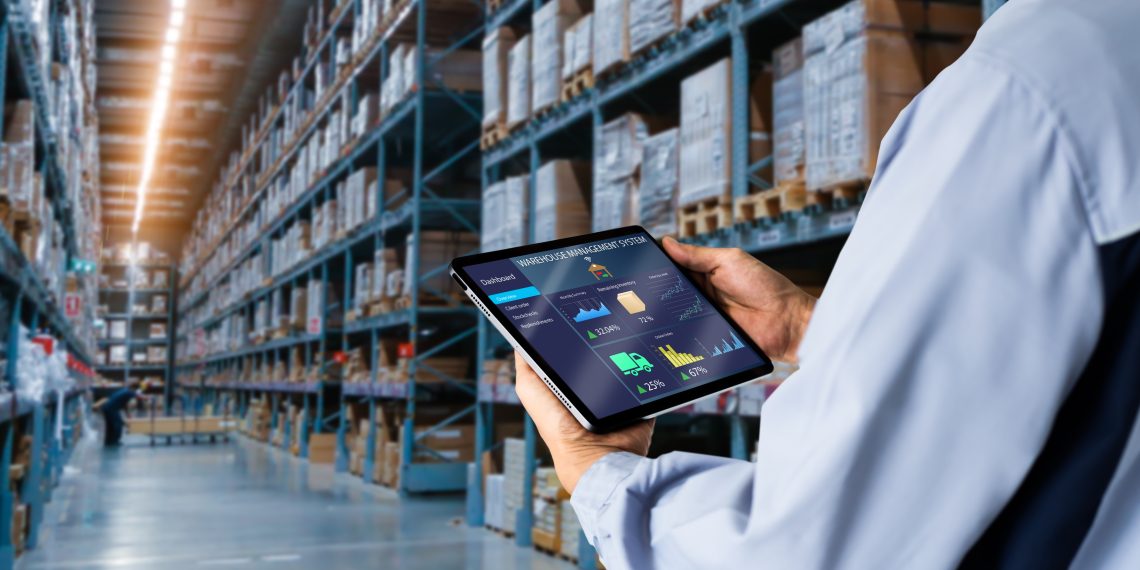AI and automation are revolutionizing logistics and sourcing, allowing businesses to enhance efficiency, cut costs, and bolster supply chain resilience. As consumer demands for speed and reliability grow, AI-driven solutions are crucial for optimizing logistics operations and sourcing strategies.
AI-powered predictive analytics are transforming supply chain management by forecasting demand, streamlining procurement, and predicting disruptions. These technologies process vast datasets to deliver actionable insights, enhancing risk management and market responsiveness.
Autonomous vehicles and drones are reshaping delivery systems. Companies like Amazon and UPS use drones for last-mile deliveries, while autonomous trucks are being tested, promising faster, cost-effective logistics with reduced reliance on human labor.
In warehousing, robotics and automation handle sorting, picking, and packing, improving order accuracy and speed while cutting labor costs. Advanced sortation systems further boost productivity by organizing goods efficiently.
AI-driven procurement tools optimize supplier selection through comprehensive data analysis, ensuring transparency and cost savings. Blockchain combined with AI offers unmatched supply chain transparency, reducing fraud and enhancing compliance.
AI-enabled logistics solutions optimize delivery routes using real-time data, improving fleet utilization and reducing environmental impact. AI conferences provide businesses with insights into emerging technologies and best practices in logistics innovation.
AI inventory management systems accurately forecast demand, reducing waste and improving product availability. Digital twins simulate supply chain scenarios, aiding in risk management and strategic decision-making.
Sustainability in logistics is enhanced by AI, optimizing transportation and energy use. Hyper-automation integrates AI, IoT, and RPA for fully autonomous supply chains, boosting efficiency and decision-making agility.
Partnering with experienced sourcing firms can optimize global procurement through AI analytics and local expertise. However, AI adoption faces challenges like high initial costs, data security concerns, and workforce adaptation.
The future of AI in logistics includes broader automation, enhanced sustainability, and increased predictive analytics use. Embracing these innovations positions businesses advantageously in a competitive global market.









